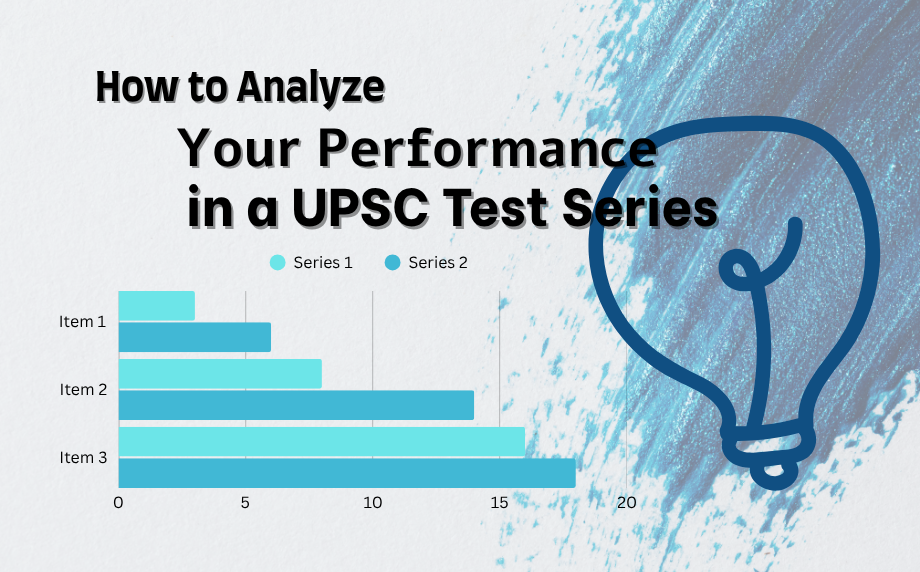IBPS PO preparation tips have been carefully planned to help candidates gain a thorough understanding of the subjects. Candidates need to create a carefully planned study schedule for a wide range of subjects, including general knowledge, reasoning, quantitative aptitude, and English. To succeed in the exam, candidates must ensure that they are fully prepared with the IBPS PO study plan.
Because the PO job profile is prestigious, there is a lot of competition. The candidates will succeed if they put forth consistent effort in the right direction. Aspirants can achieve their goals and gain comprehensive knowledge by preparing for the IBPS PO exam.
IBPS PO preparation tips help candidates review their foundational knowledge and key ideas. Candidates can review the material they have already learned with the help of the preparation tips.
Overview of the IBPS PO Exam
Every year, the Institute of Banking Personnel Selection (IBPS) administers the IBPS PO exam to hire probationary officers. These officers go on to become managers of some of the nation’s biggest and most esteemed banks.
Every year, a large number of applicants take different bank exams in an attempt to become Bank POs.
Because of its reputation, perks, and pay scale, the IBPS PO exam is one of the most well-liked bank exams.
To stand out from this large pool of talented individuals, one needs to possess discipline, dedication, and a solid understanding of the subjects that make up the IBPS PO Syllabus. We’re here to help, so here are some IBPS PO exam preparation tips to help you reach your goal.
Exam Pattern and Structure of IBPS PO Exam
To gain an understanding of the subjects covered in the exam, candidates must comprehend the IBPS PO Exam Pattern.
Below is the IBPS PO exam pattern for both the preliminary and main exams.
IBPS PO Exam Pattern for Prelims:
| S.No | Name of the test | No. of ques and maximum marks | Language of the exam | Duration of each IBPS PO Prelims exam |
| English Language | 30 | English | 20 minutes | |
| Quantitative aptitude | 35 | English & Hindi | 20 minutes | |
| Reasoning Ability | 35 | English & Hindi | 20 minutes | |
| Total | 100 | 1 Hour | ||
IBPS PO Exam Pattern for Mains:
| S.No | Name of the test | No of questions | Maximum Marks | Language of the exam | Duration of each IBPS PO Prelims Exam |
| 1 | Reasoning & computer aptitude | 45 | 60 | English | 60 min |
| 2 | General/Economy/Banking Awareness | 35 | 40 | English & Hindi | 35 min |
| 3 | English Language | 35 | 40 | English & Hindi | 40 min |
| 4 | Data Interpretation | 35 | 60 | English & Hindi | 45 min |
| 5 | English Language(letter writing & essay) | 2 | 25 | English | 30 min |
| Total | 155 | 200 | 3 hr |
Syllabus Overview:
For any of its exams, the IBPS does not provide a definitive bank exam syllabus. However, by looking through previous years’ bank exam question papers, one can determine the main topics that feature each year. IBPS PO study materials are available online and offline, as are these topics.
Being aware of the IBPS PO syllabus can help you save time and effort, which is half of the battle won. Many candidates make the mistake of studying every topic under the sun, which dilutes their efforts in the end. Avoiding this is advised at all costs.
Also Read: Bank PO Latest Syllabus and Pattern
Building a Study Schedule
A carefully planned study schedule should be part of the preparation strategy. Candidates should try to cover the material for the bank exam sequentially and make sure to revise the material regularly.
Analyzing past bank exam question papers and selecting key exam topics should also be part of the study plan.
Subject-wise Preparation Strategies
Candidates should take note that before starting their preparations, they need to be familiar with the comprehensive IBPS PO syllabus. They need to keep in mind that the Prelims and Mains syllabuses are different. Below are the IBPS PO preparation tips broken down by section for both the preliminary and main exams.
- Quantitative Aptitude:
You must understand the fundamentals of quantitative aptitude. Since Data Interpretation is where most questions come from, you should pay particular attention to this subject. To boost performance, try the SBI po test series and regularly review short tricks. The shortcut methods are useful when calculating problems involving cubes, squares, percentage values, and other similar quantities.
- Reasoning Ability:
Reasoning Ability is the scoring section. By completing practice tests and question papers from prior years, you can get ready for this section. Since these subjects cover up a major portion, practice solving puzzles and seating arrangements. Additionally, improve your knowledge of other subjects like syllogism, inequality, and coding-decoding.
- English Language
For both the preliminary and main exams, the English Language section syllabus is essentially the same. If you want to do well in this section, you should read magazines and newspapers. Additionally, review the vocabulary and grammar from your high school grammar textbooks.
- General Awareness
Both the descriptive letter/essay and general/economic/banking awareness sections will be covered in the IBPS PO Mains preparation plan. To get the most of the 65 marks, you must thoroughly prepare for this.
Read books on general awareness and financial subjects, as well as international newspapers and banking magazines.
- Computer Awareness
This is the simplest section, and putting in an hour a day will help you get good grades. Discover the fundamentals of computers, their history, shortcut keys, internet browsers, Microsoft Excel, spreadsheets, and more.
Invest an hour every day on your computer to comprehend the fundamental concepts of your IBPS PO Mains preparation plan.
Joining IBPS PO Test Series:
Exam focus areas should include mock tests. This is because there are a lot of questions to answer in a short period. Complete IBPS PO practice exams and keep up with the kinds of questions that are asked in bank exams.
There are two benefits to taking the mock test for the bank exam. Initially, it provides a clear understanding of the candidate’s readiness, enabling them to concentrate more on the portions of the IBPS syllabus that require improvement. Secondly, it offers plenty of opportunities to practice answering questions in the allotted time.
This is crucial because the IBPS PO exam is taken online and there is no way to go back and retake questions once you’ve finished a section.
Time Management Techniques:
The easiest questions should be answered first for IBPS PO Preparation Time Management as this will save candidates time when tackling the more challenging ones. Ultimately, they won’t be able to finish the questions in the given time. Consequently, to finish the Prelims in one hour and the Mains in three hours, candidates need to increase their speed and accuracy.
Last-Minute Tips for Success:
Making the most of your last few weeks of study is essential as the IBPS PO exam date draws near. To guarantee success, consider these last-minute pointers:
- In the days preceding the exam, concentrate on reviewing crucial ideas, equations, and themes.
- Over the last few days, practice managing your time by taking mock exams and the IBPS PO test series in an exam-like setting.
- Determine your areas of strength and make sure you stay proficient in those areas. This will help you achieve great grades and feel more confident overall.
- Ensure your physical and mental health are taken care of. Make sure you get enough rest, drink plenty of water, and eat a healthy, balanced diet.
- You should practice relaxation techniques like deep breathing and meditation because stress can impair your performance. Maintain an optimistic outlook, concentrate on your advantages, and go into the exam with assurance.
- Learn the rules for the exam day, such as the necessary paperwork, the time to report, and what cannot be brought.
Conclusion
Effective practice, focused study, and strategic planning are all necessary for success in the IBPS PO exam. Including mock tests, the IBPS PO and SBI PO test series, and mock tests in your study plan will increase your chances of passing the test. Recall that persistence and consistency are essential.







